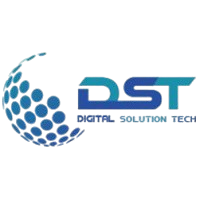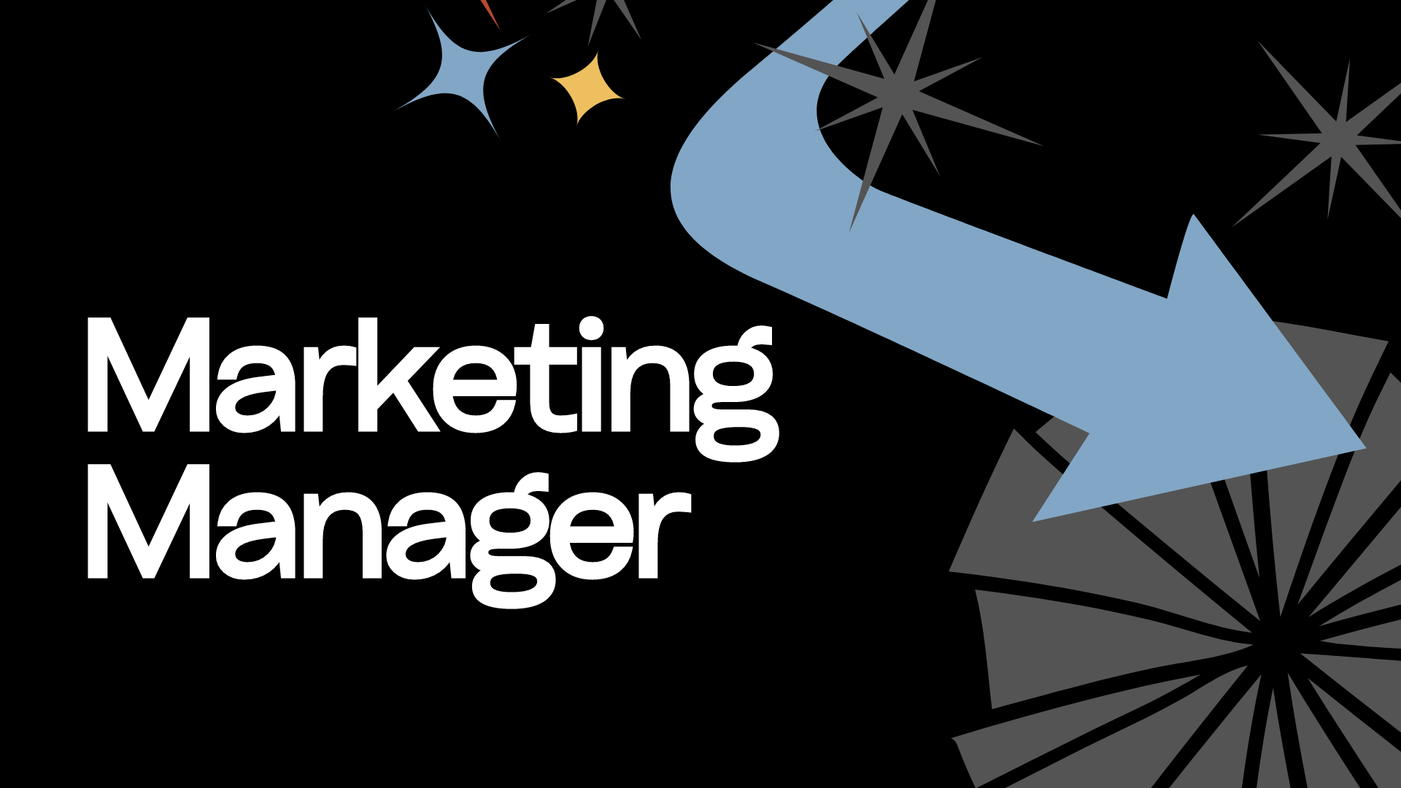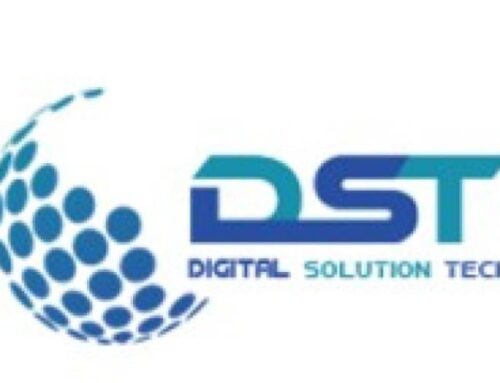The role of a Marketing Manager is crucial in today’s competitive business landscape. With rapidly evolving digital platforms, shifting consumer behaviors, and increased demands for measurable results, marketing managers must navigate a variety of responsibilities to ensure the success of their campaigns. From strategizing and managing teams to executing and analyzing campaigns, marketing managers wear many hats.
This blog explores the essential skills, strategies, and tools a marketing manager needs to thrive and drive growth in a dynamic, results-oriented industry.
Developing a Comprehensive Marketing Strategy
At the core of a marketing manager’s responsibilities is the development of a comprehensive marketing strategy. A well-planned strategy not only outlines the goals of the marketing department but also aligns with the broader objectives of the company.
Steps to Building a Successful Marketing Strategy:
-
Identify Business Goals:
Marketing strategies should support the company’s overall business goals. Whether it’s increasing brand awareness, driving more leads, or boosting revenue, the marketing plan should align with these goals.
-
Understand the Target Audience:
A successful strategy begins with a deep understanding of the target audience. Conduct thorough market research, create customer personas, and segment your audience to ensure that your message resonates with the right people.
-
Define Key Performance Indicators (KPIs):
Set measurable goals and define KPIs that will help track the performance of your marketing campaigns. Common KPIs include customer acquisition cost (CAC), return on marketing investment (ROMI), and conversion rates.
-
Allocate Resources Wisely:
With a limited budget and time, it’s important to prioritize channels and tactics that will have the most impact. Choose the right mix of traditional and digital channels based on your target audience’s preferences.
Managing and Leading a Diverse Marketing Team
A marketing manager’s success depends largely on the ability to manage a diverse team of specialists. From content creators to digital marketers, each team member brings unique skills and expertise. Leading this group effectively is key to executing successful campaigns.
Building an Effective Team:
-
Hire for Complementary Skills:
A well-rounded marketing team should include experts in different areas, such as SEO, content creation, paid advertising, and social media. Hiring individuals with complementary skills ensures that all aspects of the marketing strategy are covered.
-
Foster Collaboration:
Cross-functional collaboration is essential to the success of marketing campaigns. Ensure that team members from different departments, such as sales and product development, are aligned with the marketing team’s goals and messaging.
-
Encourage Continuous Learning:
The marketing landscape is constantly evolving. Encourage your team to stay up-to-date with the latest trends, tools, and techniques by providing opportunities for professional development.
-
Set Clear Goals and Expectations:
Communication is key when managing a marketing team. Set clear goals, deadlines, and expectations for each team member, and provide feedback to help them improve and grow in their roles.
Mastering Digital Marketing Channels
In today’s digital age, marketing managers must be well-versed in various digital marketing channels. Each channel requires a different approach and understanding of how to effectively engage the target audience.
Key Digital Marketing Channels:
-
Search Engine Optimization (SEO):
SEO is the process of optimizing your website to rank higher in search engine results. A solid SEO strategy involves on-page optimization, backlink building, and content marketing. The goal is to increase organic traffic to your website and improve brand visibility.
-
Social Media Marketing:
Social media platforms such as Facebook, Instagram, LinkedIn, and Twitter are essential for building brand awareness, engaging with customers, and driving traffic to your website. It’s important to tailor content to each platform and audience for maximum engagement.
-
Email Marketing:
Email remains one of the most effective channels for nurturing leads and retaining customers. Personalization and segmentation are key to ensuring that your email campaigns deliver relevant and valuable content to your audience.
-
Pay-Per-Click (PPC) Advertising:
PPC campaigns, such as Google Ads or social media ads, allow businesses to target specific demographics and drive immediate traffic. Effective PPC management requires constant monitoring, A/B testing, and optimization to ensure that ad spend is being used efficiently.
-
Content Marketing:
High-quality, relevant content is crucial for building trust with your audience and establishing authority in your industry. A content marketing strategy includes blog posts, videos, white papers, infographics, and more. Ensuring that your content aligns with your audience’s needs and interests is key to driving engagement.
Leveraging Marketing Automation Tools
Marketing automation tools are critical for streamlining processes, improving efficiency, and enhancing the customer journey. As a marketing manager, it’s essential to know how to utilize these tools effectively to scale efforts without sacrificing personalization.
Benefits of Marketing Automation:
-
Streamlined Campaign Management:
Automation tools allow you to manage multiple campaigns across different channels, from email marketing to social media posts, in one centralized platform. This reduces the time spent on manual tasks and ensures consistency across campaigns.
-
Lead Nurturing:
Automation tools enable marketers to create personalized workflows that nurture leads through the sales funnel. By delivering the right content at the right time, marketing automation can help convert leads into customers more effectively.
-
Performance Tracking and Reporting:
Marketing automation platforms often include analytics features that provide insights into campaign performance. This data helps marketing managers make data-driven decisions and optimize future campaigns for better results.
Popular Marketing Automation Platforms:
-
HubSpot:
A comprehensive platform for inbound marketing, sales, and CRM, HubSpot provides tools for lead generation, email marketing, and automation.
-
Marketo:
Known for its lead management and nurturing capabilities, Marketo helps businesses engage and convert prospects through personalized, automated campaigns.
-
Pardot:
A B2B marketing automation tool from Salesforce, Pardot focuses on lead generation and nurturing through personalized content and detailed analytics.
Analyzing and Optimizing Campaign Performance
Analyzing campaign performance is one of the most important responsibilities of a marketing manager. Data-driven insights help inform decisions and guide future marketing efforts, ensuring continuous improvement and better results.
Key Metrics to Monitor:
-
Customer Acquisition Cost (CAC):
This metric measures how much it costs to acquire a new customer. By lowering CAC, you can increase the efficiency of your marketing spend.
-
Conversion Rate:
The percentage of visitors who take a desired action, such as making a purchase or signing up for a newsletter. Improving conversion rates is a top priority for marketing managers.
-
Return on Marketing Investment (ROMI):
ROMI measures the revenue generated for every dollar spent on marketing. Tracking ROMI helps justify budget allocations and optimize campaign strategies.
-
Customer Lifetime Value (CLV):
CLV is the total revenue a customer generates over their relationship with your business. Increasing CLV through retention efforts can significantly boost long-term profitability.
Continuous Optimization:
-
A/B Testing:
A/B testing allows you to experiment with different variations of your marketing campaigns, such as headlines, calls-to-action, and visuals, to determine which version performs best.
-
Analyzing Customer Feedback:
Collecting and analyzing customer feedback through surveys or reviews helps marketing managers understand how their campaigns are perceived and identify areas for improvement.
-
Refining Targeting:
By analyzing data and refining targeting strategies, marketing managers can ensure that their campaigns reach the most relevant audience, leading to higher engagement and conversion rates.
Staying Ahead of Marketing Trends
The marketing industry is constantly evolving, with new technologies, platforms, and consumer behaviors emerging regularly. As a marketing manager, staying informed about these trends is essential for maintaining a competitive edge.
How to Stay Ahead:
-
Continual Learning:
Subscribe to industry blogs, attend webinars, and take online courses to stay up-to-date with the latest marketing trends and best practices.
-
Experiment with New Channels:
Don’t be afraid to test emerging platforms or new content formats. Experimenting with innovative approaches can help you discover new growth opportunities.
-
Networking:
Engage with other marketing professionals through industry events, forums, and LinkedIn groups. Sharing insights and experiences can help you stay connected to the broader marketing community.
Conclusion
The role of a marketing manager is multifaceted, requiring a combination of strategic thinking, team leadership, and hands-on execution. By developing comprehensive marketing strategies, mastering digital channels, leveraging automation, and continuously analyzing performance, marketing managers can drive growth and achieve long-term success for their businesses.
In a rapidly evolving industry, staying adaptable, data-driven, and customer-focused will ensure that your marketing efforts remain effective and impactful.
visit us : https://digitalsolutiontech.com/
visit our LinkedIn: https://www.linkedin.com/company/digitalsolutiontech/






Leave A Comment